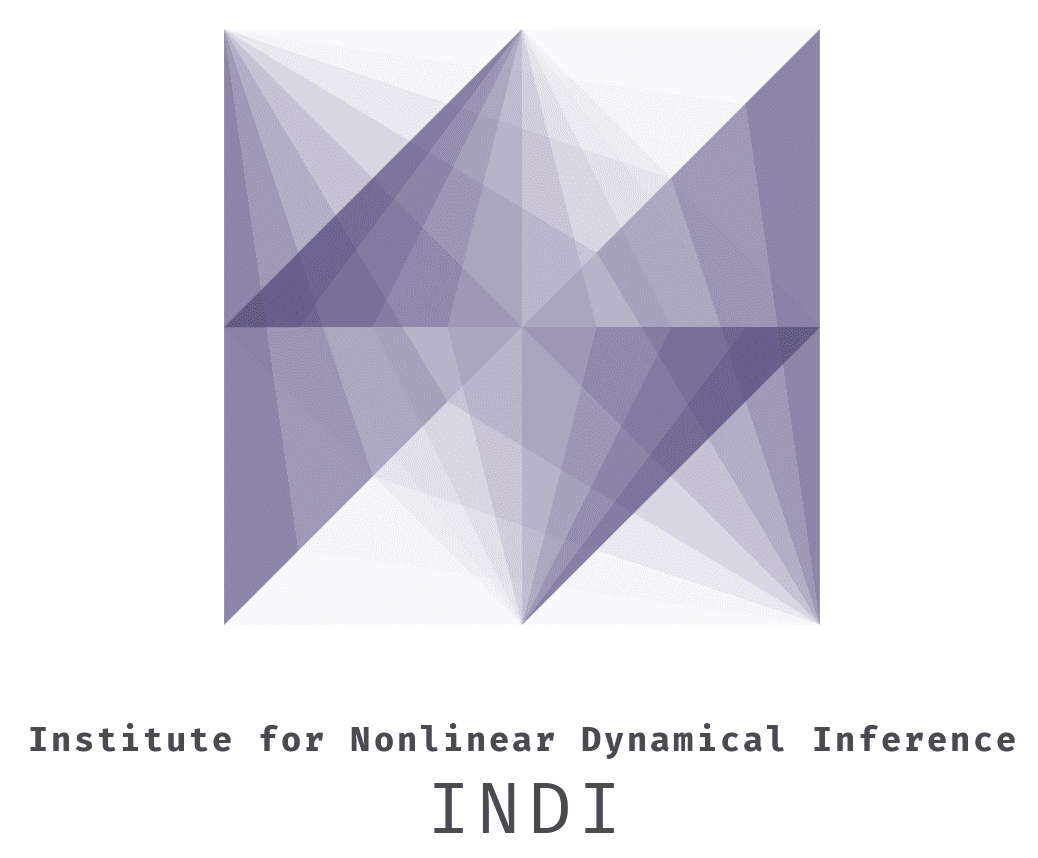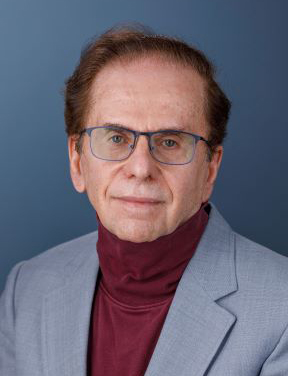KU Acquires Prestigious Nonlinear Dynamical Inference Institute

Dr. William A. Barnett, KU’s Oswald Distinguished Professor of Macroeconomics and Founder and Director of the Institute for Nonlinear Dynamical Inference (INDI), announced in December that INDI has been formally relocated from RUDN University in Moscow to KU. Dr. Barnett, who also serves as Director at the Center for Financial Stability in New York City, founded INDI in 2017 and said that he was relieved that its important work could now continue in the US without having to be overshadowed by its location in Russia (given that nation’s ongoing war with Ukraine).
Even as the relevance of nonlinear dynamics to inference in economics has been growing, the scope and depth of advances in that methodology, such as the work of mathematician Leonid Shilnikov (1934-2011), has not yet been fully recognized by mainstream economists. INDI’s primary purpose is to unite scholars from around the world with expertise in nonlinear methodology as well as econometric practice, effectively advancing the interests of both groups. Major researchers from both groups, including 6 Nobel Laureates, along with scientists, mathematicians, and economists from all parts of the world, have been appointed Fellows of INDI and submit research to its online library, Studies in Nonlinear Dynamical Inference. The two most recently appointed fellows are members of the Ukrainian National Academy of Science in Kiev. INDI also cosponsors annual conferences, most recently including two in Paris and one in Milan, and in turn has 14 international cosponsors.
Chaos has always been an especially important component in systems theory and engineering, something about which Dr. Barnett knows a great deal from his days working on the Rocketdyne F-1 engine used in the US space program. (For more on Dr. Barnett’s remarkable career path, see this 2017 interview.) Shilnikov Chaos Theory, in particular, has proven to be widely relevant to natural phenomena and provides a unique tool that very few economists have utilized.
Important research published in 2022 by Dr. Barnett and others found that US interest rates have tended to drift downward unintentionally during recent decades, as a result of the change in the economic system’s dynamics caused by adjoining an active interest rate feedback rule onto the economy’s private sector dynamics. In effect, what central bank policy has done is to turn the economy into a servomechanism displaying complex dynamics with drift. One potentially important conclusion is the need for the use of a second policy instrument, imposing a terminal “transversality” condition, along with the otherwise myopic short-term interest rate instrument, to prevent unintended long-term downward drift in rates.
***********

Dr. Barnett is perhaps most widely renowned for decades of championing the superiority of Divisia monetary aggregates over simple sum aggregates as a more accurate measure of the money supply.
He said that INDI’s relocation to KU will be a highly visible asset for the university as a whole and credited the help of Economics Department Chair Ric Steele as being critical to the institute’s challenging move to Lawrence.